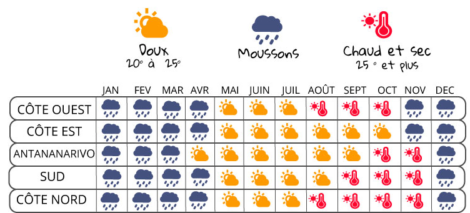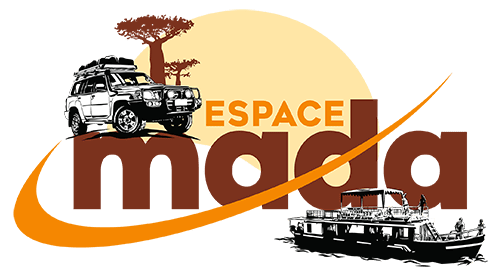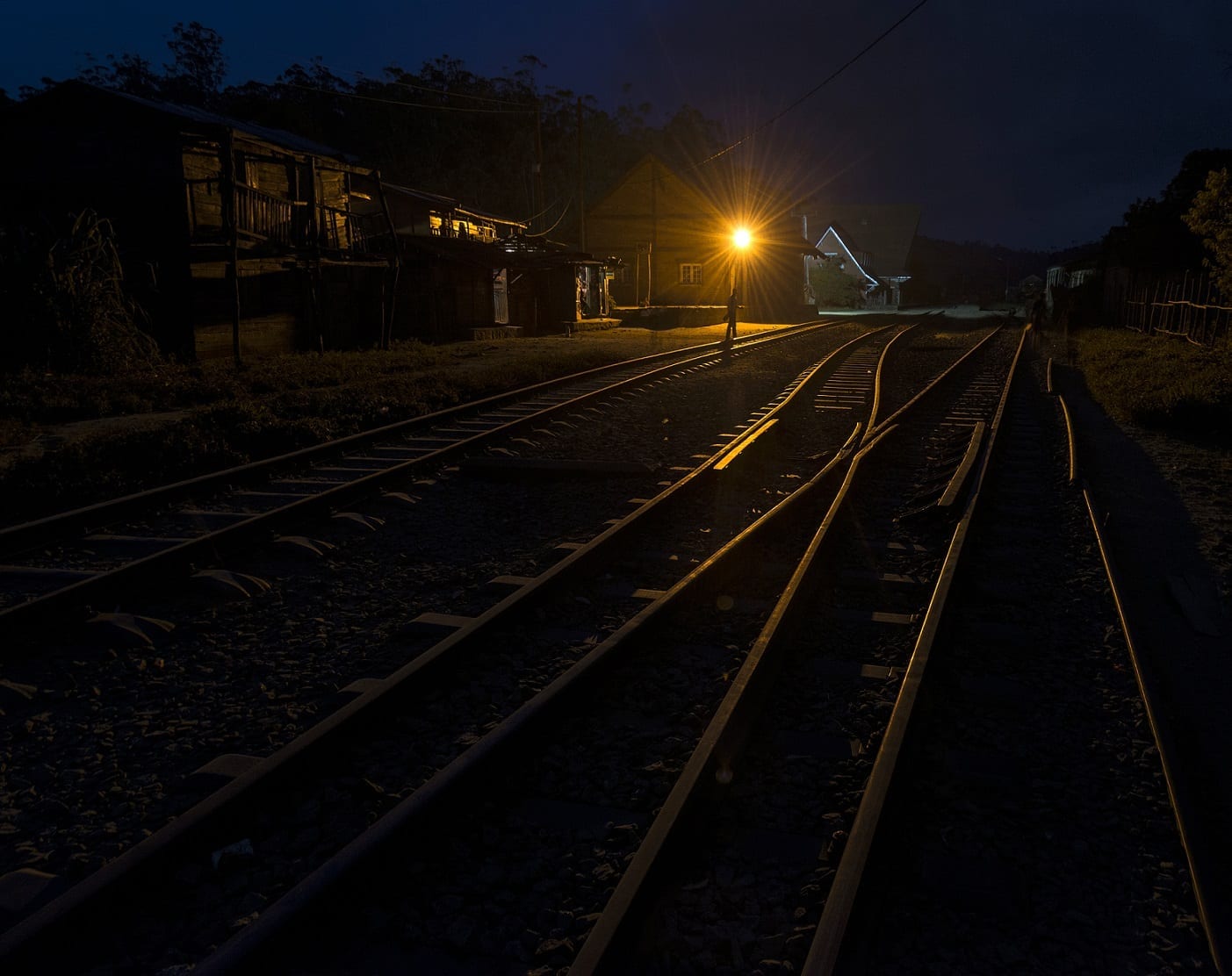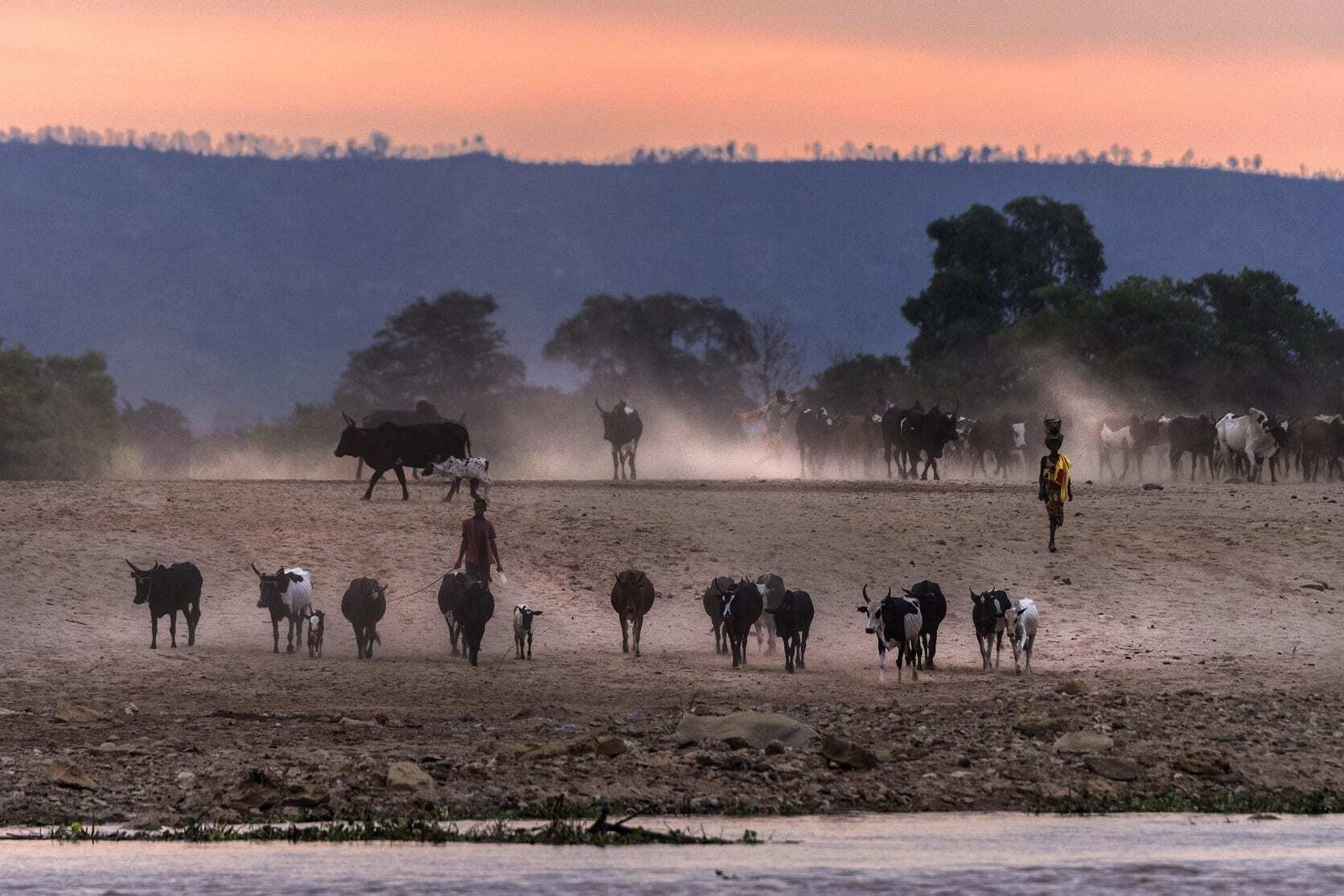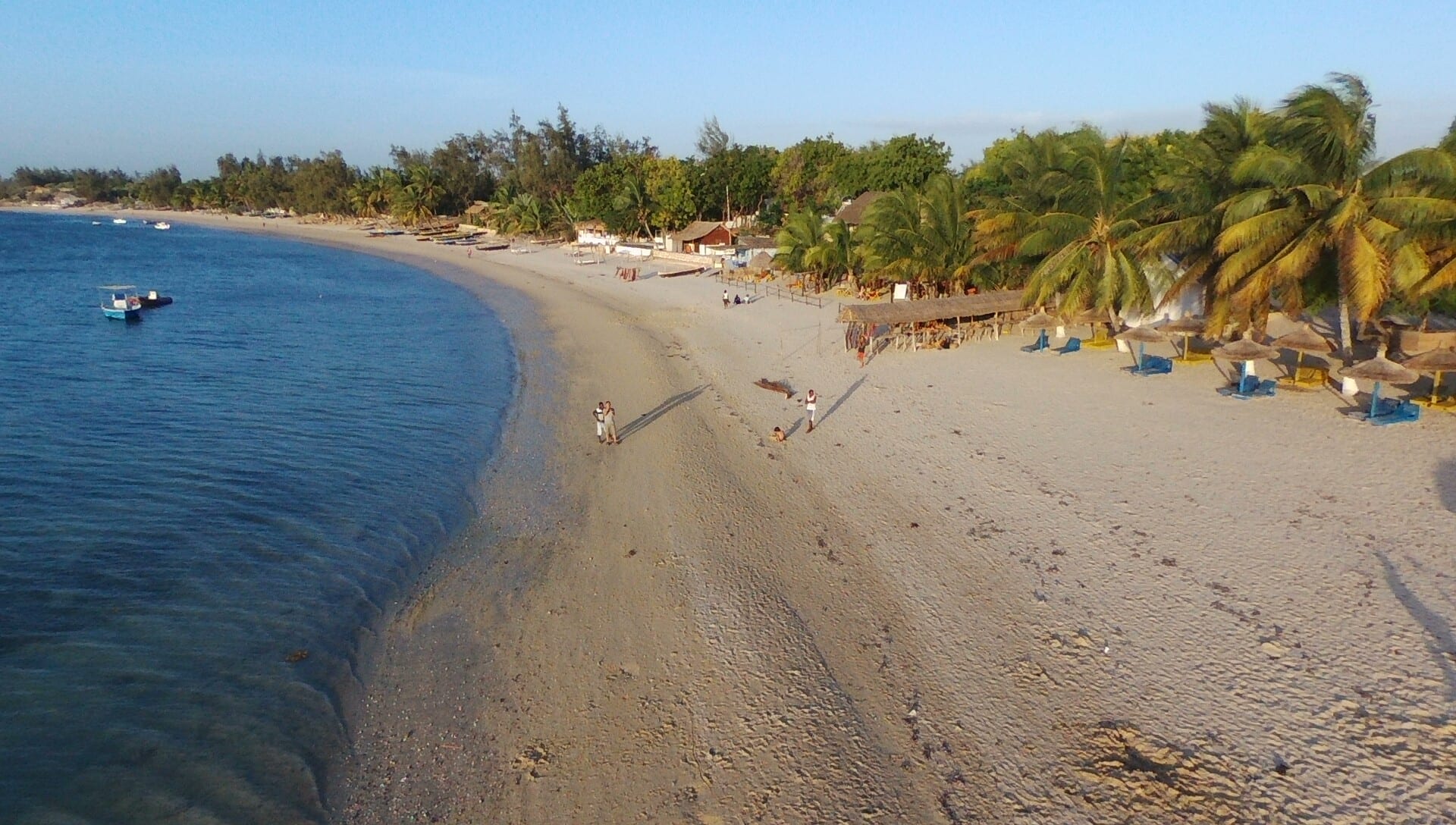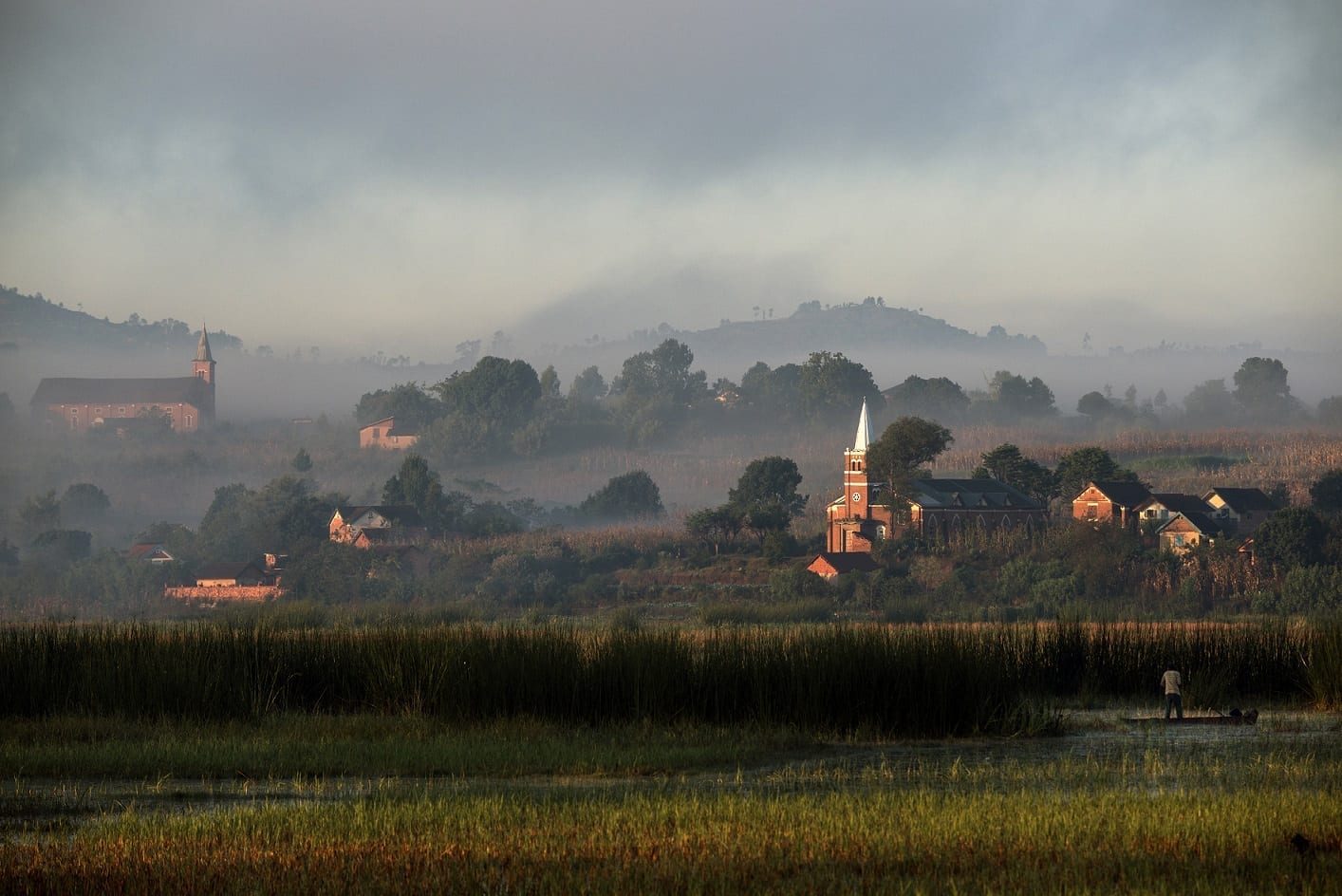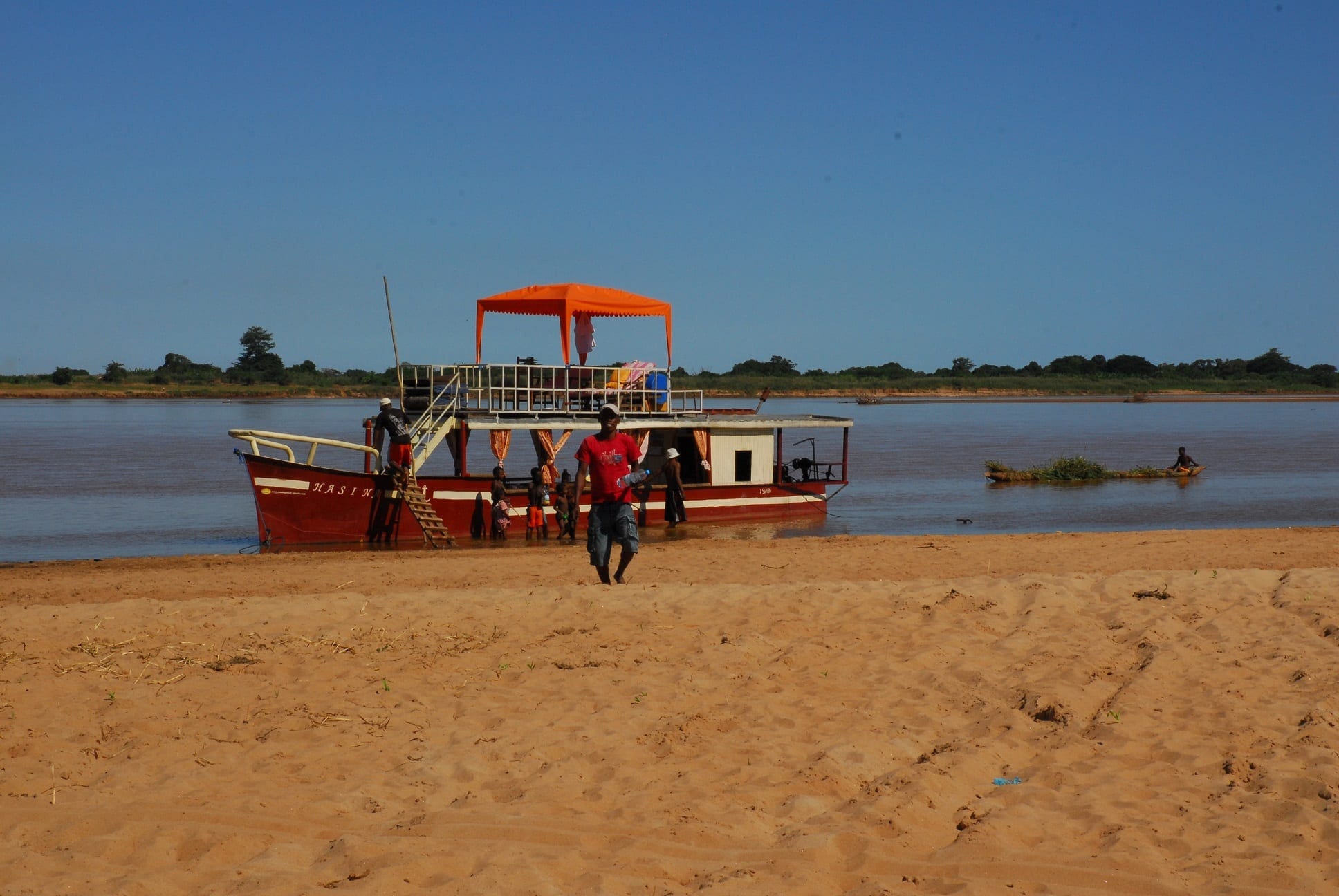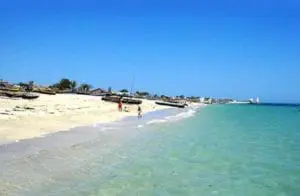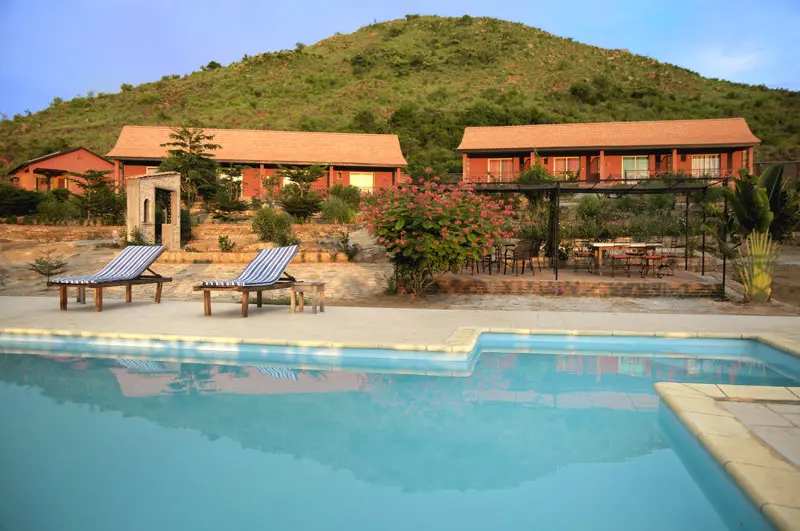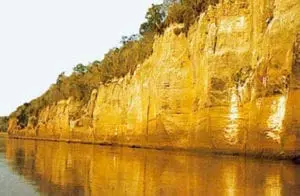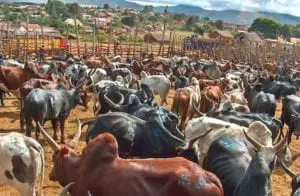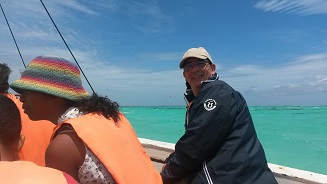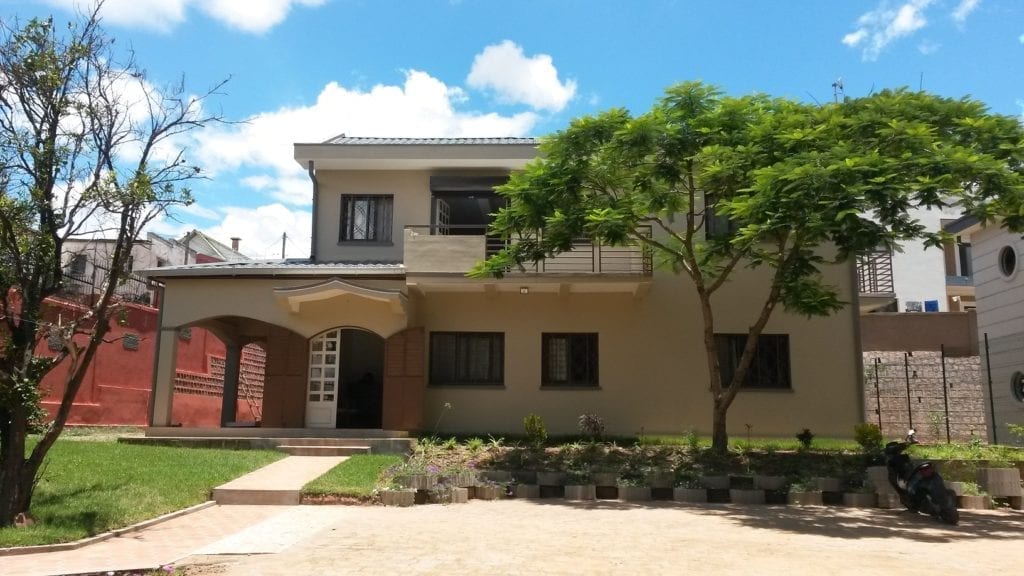PRACTICAL INFORMATION
The Practical Sides of Your Travel
Below is a list of information and advice to best prepare your stay on the Big Island.
VISA
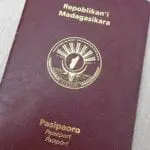
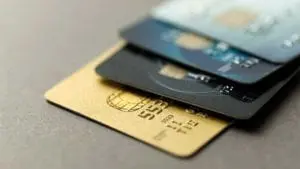
EXCHANGE / ATM withdrawal
There are exchange offices at Ivato airport with an interesting rate, notably that of “Socimad”; they are open to every international arrival. You will also find offices in the city center where the driver can take you there before leaving for the tour. We recommend changing only one part upon your arrival. In the provinces, you will easily find banks or exchange offices and ATMs in each main town. Indicative price at the start of 2023: 1 Euro = 4,200 Ariary
SECURITY
Madagascar is a poor country, therefore prone to temptations. Never carry large sums of cash with you, prefer to withdraw one by one from ATMs. Do not carry visible valuable items on yourself. Carefully check the closures of rooms and windows (before going to the restaurant and during the night). Hotels generally have individual safes; if this is not the case the Manager may offer the hotel safe. Also equipped with its main bag with a padlock. Drivers do not drive at night; If you go out in the evening, take a taxi.
TELEPHONE NETWORK & INTERNET
The country has developed well in recent years and has good or even very good coverage. Hotels generally have WIFI; cyber café in major cities. The main telephone operators are Airtel, Telma and Orange. For 5 Euros you can easily buy a pre-paid chip for voice and internet communications. The fastest and most common network is that of Telma (Fiber)
ELECTRICITY
Electricity in Madagascar is 220V with a frequency of 50Hz. Remember to charge your batteries around 6 p.m.; in the provinces, hotels cut off their generators around 10 p.m. and then switch to solar batteries. Practical advice: come with batteries or emergency charger.
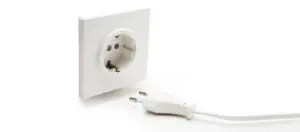
CLOTHES
The high plateaux region from Tananarive to Antsirabe / Fianarantsoa (around 1,300 m altitude), is quite cool, particularly from June to August (Sweater, good jacket necessary) . On the coast the weather is good, you can walk around there during the day in shorts and t-shirts. Walks in parks: a pair of sports shoes is sufficient, a pair of medium mountain shoes is more suitable. K Way recommended.
It is not necessary to take a mosquito net; the rooms are equipped; in the high plateau region, few mosquitoes, the rooms are not equipped, but the hotelier can provide a diffuser.
Bags: 4×4 vehicles are spacious; large bags are well suited, in the absence of suitcases. Descent of the Tsiribihina River / sleeping: The nights are in tents; we provide: mattresses, sheets, pillows, blankets. Bring a headlamp and a towel.
PHARMACY
Recommended kit: Antibiotic for general purposes, Eye drops, Efferalgan or Doliprane, Betadine, Cotton / Dressing, Immodium, Ercefuryl. Only drink capsuled water; raise your hands frequently; disinfect a wound without delay. There are no compulsory vaccinations. Malaria preventive treatment recommended/ Pasteur Institute website link: https://www. pasteur-lille.fr/vaccinations-voyages/?pays=Madagascar
Mosquito nets: Hotels are generally equipped with mosquito nets, so no need to bring them. Establishments that do not have them are either located on the highlands (few mosquitoes, diffuser available if necessary) or equipped with air conditioners.
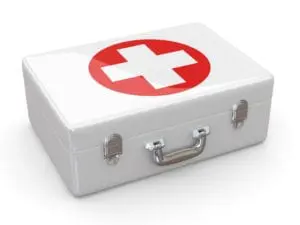
MEALS & DRINKS
The cost of a meal (starter / main course / dessert) is around 10 Euros in a restaurant. In a local restaurant, dishes for 2 Euros/A bottle of water costs 1,500 to 2,000 ariary. Drink such as coke or beer between 3 and 5,000 ariary.
CONSULTATIONS
Embassy: (00 261) 20 22 398 98 Consulate (00 261) 20 22 398 50 Emergency number: 00 261 20 22 398 98 from abroad. Number related to security / Vital Emergency: 032 12 11 010 – 034 12 11 010 Embassy of France in Madagascar
CLIMATE
January to March:
Rainy season, cyclonic risk in February; scorching temperatures.
April to June:
Start of the dry period with the opening of the slopes, the descent of the Tsiribihina and the Tsingy des Bemaraha.
July August :
It is cool on the high plateaus (Tananarive / Antsirabe / Fianarantsoa); on the coasts, temperatures are summer.
September to December:
End of chapter Madagascar Practical Information
